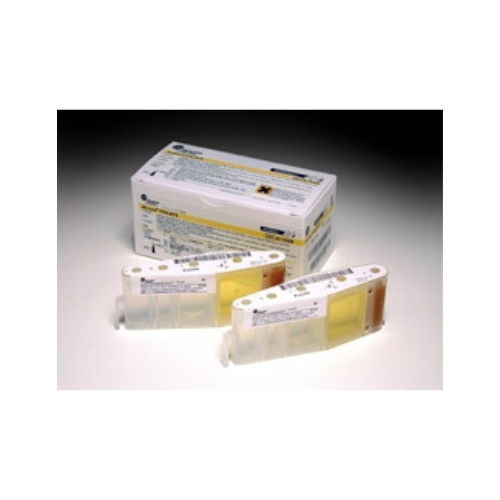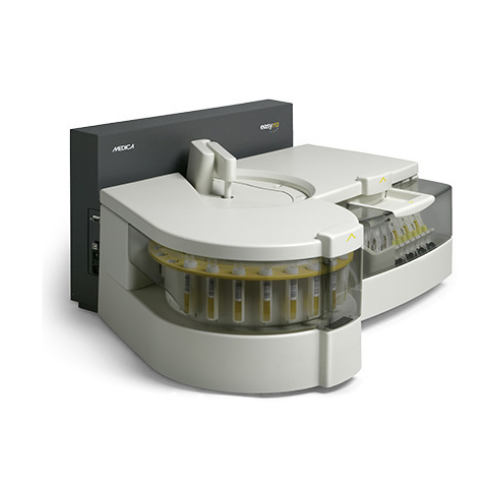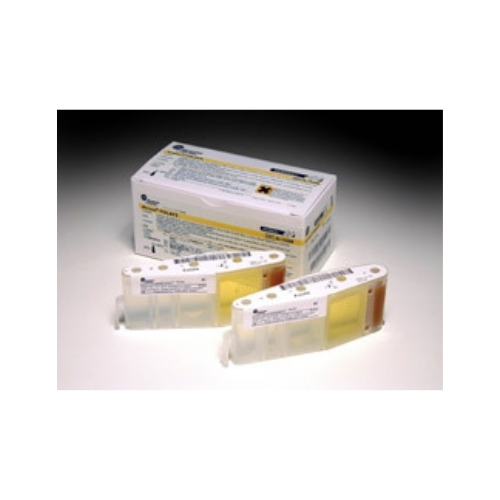For Business Use Only. Does Not Ship to Residential Addresses. For use inside an Analyzer, Sold Separately.
Beckman Coulter Access Rubella IgG Reagent, 100 Determinations, 2 x 50 Tests
Product Code: 34430
Manufacturer: Beckman Coulter
Shipping Weight: 10.00lbs (4.54kg)
Specifications
Manufacturer: Beckman Coulter
Country of Origin: France
Application: Reagent
Number of Tests: 2 X 50 Tests
Test Name: Rubella IFF
Test Type: Infectious Disease Immunoassay
Intended Use
The Access Rubella IgG assay is a paramagnetic particle, chemiluminescent immunoassay for the qualitative and quantitative determination of IgG antibodies to the rubella virus in human serum using the Access Immunoassay Systems. The Access Rubella IgG assay aids in the diagnosis of rubella infection and the determination of immunity.
Summary and Explanation
Rubella is a viral illness with worldwide distribution. The infection is usually benign or even unapparent in children or adults. Clinical manifestations include a generalized skin rash over the entire body, a low-grade fever, headache, and sometimes a sore throat. Infections in utero, particularly during the first four months of pregnancy, can lead to congenital defects such as deafness, cardiac problems, cataracts or glaucoma, and sometimes fetal death.
The detection of specific rubella antibodies is of great interest due to the teratogenic risk related to a rubella primary infection at the beginning of the pregnancy. Early methodologies used for antibody detection included serum neutralization, complement binding or immunofluorescence. These tests are difficult to perform and presented inherent problems of reproducibility. Subsequently, hemagglutination inhibition techniques allowed a more rapid diagnosis of both the acute infected state and patient immune status.
Demonstration of rubella IgG antibody in a pregnant women prior to conception provides assurance of fetal protection from possible rubella viral infection during pregnancy. Vaccination efficiency is demonstrated by detection of rubella IgG antibody in serum following immunization. Appearance or significant rise of specific IgG concentration in two serum samples collected at least two weeks apart is indicative of rubella infection, even when typical symptoms may not be present.











